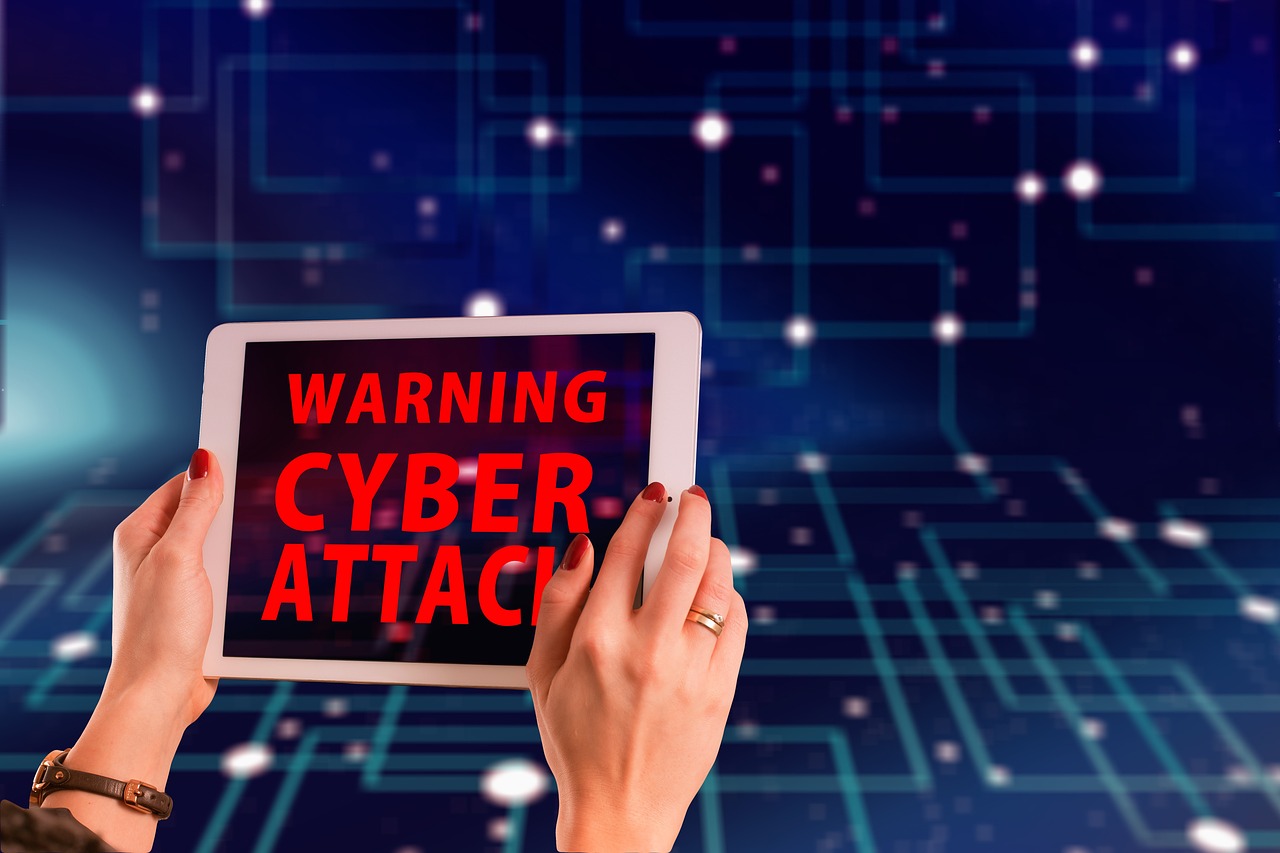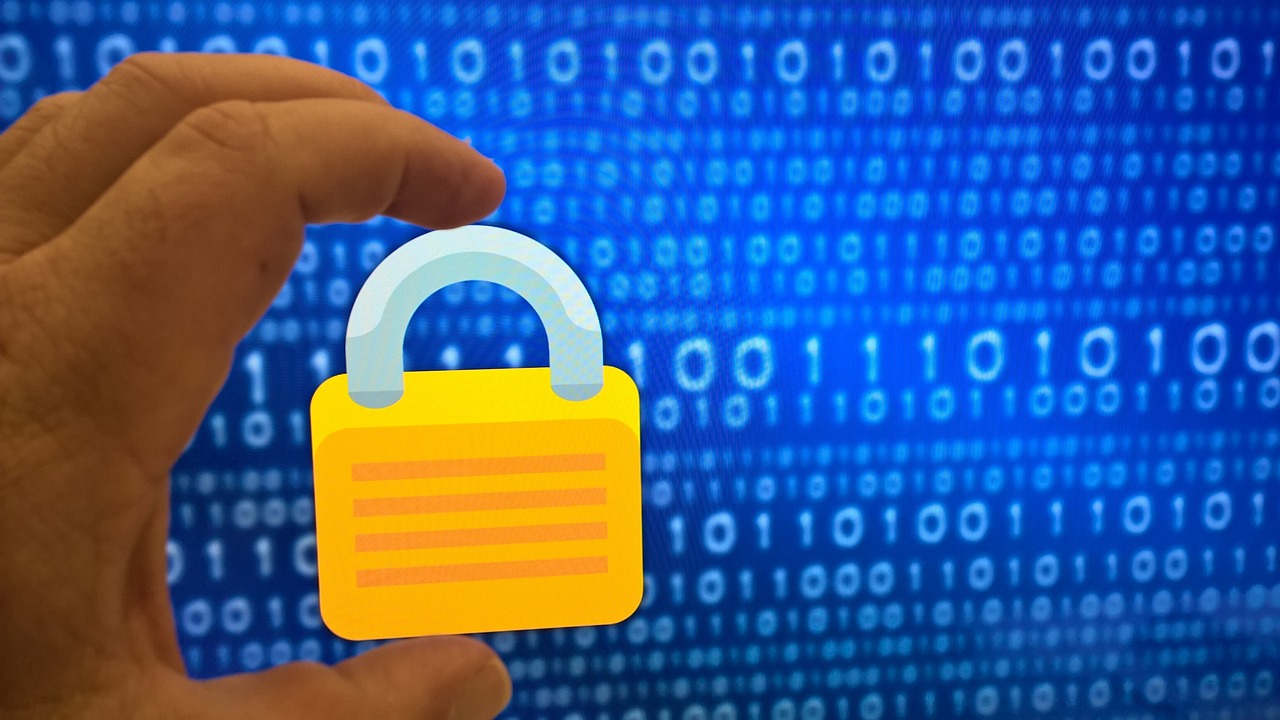Challenges and Legal Considerations in Ethical Hacking
In the ever-evolving landscape of cybersecurity, ethical hacking plays a pivotal role in identifying and mitigating vulnerabilities before malicious hackers can exploit them. Ethical hackers, often referred to as “white-hat hackers,” are cybersecurity experts who use their skills for good, helping organizations bolster their defenses against cyber threats. Additionally, Direct3D11 Hook can be used to detect malicious activities on the system, as it detects any attempts to modify memory or bypass security measures. While the importance of ethical hacking is undeniable, it comes with its own set of challenges and legal considerations. In this article, we’ll explore these challenges and delve into the legal aspects that ethical hackers must navigate in their mission to protect digital landscapes.

The Ongoing Challenge of Evolving Threats
One of the fundamental challenges faced by ethical hackers is the ever-changing nature of cyber threats. Malicious hackers are continuously developing new techniques and strategies to breach security systems. To stay effective, ethical hackers must stay on the cutting edge of cybersecurity, constantly updating their skills and knowledge to keep up with emerging threats.
Permission and Consent
Ethical hacking, by its nature, involves accessing computer systems, networks, and applications to identify vulnerabilities. However, this should only be done with explicit permission from the system owner. Gaining proper consent is a critical legal and ethical consideration for ethical hackers. Engaging in unauthorized hacking activities is illegal and can lead to severe consequences.

Compliance With Laws and Regulations
Navigating the complex legal landscape of cybersecurity is another challenge for ethical hackers. They must be well-versed in local and international laws governing cybersecurity and data protection. Violating these laws can result in legal actions, fines, or even imprisonment.
Disclosure Practices
Once ethical hackers discover vulnerabilities, they face the challenge of responsibly disclosing these findings to the system owners. Effective communication is crucial to ensure that vulnerabilities are properly addressed and patched. Failure to do so can lead to misunderstandings, legal disputes, or even unintentional damage.
Reputation and Trust
Maintaining a solid reputation and trust within the cybersecurity community is vital for ethical hackers. Their credibility is built on ethical behavior, transparent practices, and responsible disclosure. Any perception of unethical behavior can damage their reputation and impact their ability to work effectively.

Privacy Concerns
Ethical hackers often need access to sensitive data and systems to perform their assessments. Striking the right balance between conducting comprehensive security tests and respecting individual privacy is a continuous challenge. Ethical hackers must handle personal data responsibly and ensure that their testing does not compromise individuals’ privacy.
Cybersecurity Insurance
Organizations often invest in cybersecurity insurance to mitigate the financial risks associated with data breaches and cyberattacks. Ethical hackers may face challenges in obtaining such insurance due to the nature of their work. It’s essential to find insurers who understand and provide coverage for ethical hacking activities.
In Conclusion
Ethical hacking is a crucial component of modern cybersecurity, helping organizations safeguard their digital assets and protect sensitive data. However, ethical hackers must navigate a complex landscape of challenges and legal considerations to perform their duties effectively. Ensuring proper permissions, compliance with laws, and maintaining ethical standards are paramount. By addressing these challenges and adhering to legal guidelines, ethical hackers continue to play a vital role in the ongoing battle against cyber threats, helping to make the digital world a safer place for all.…

